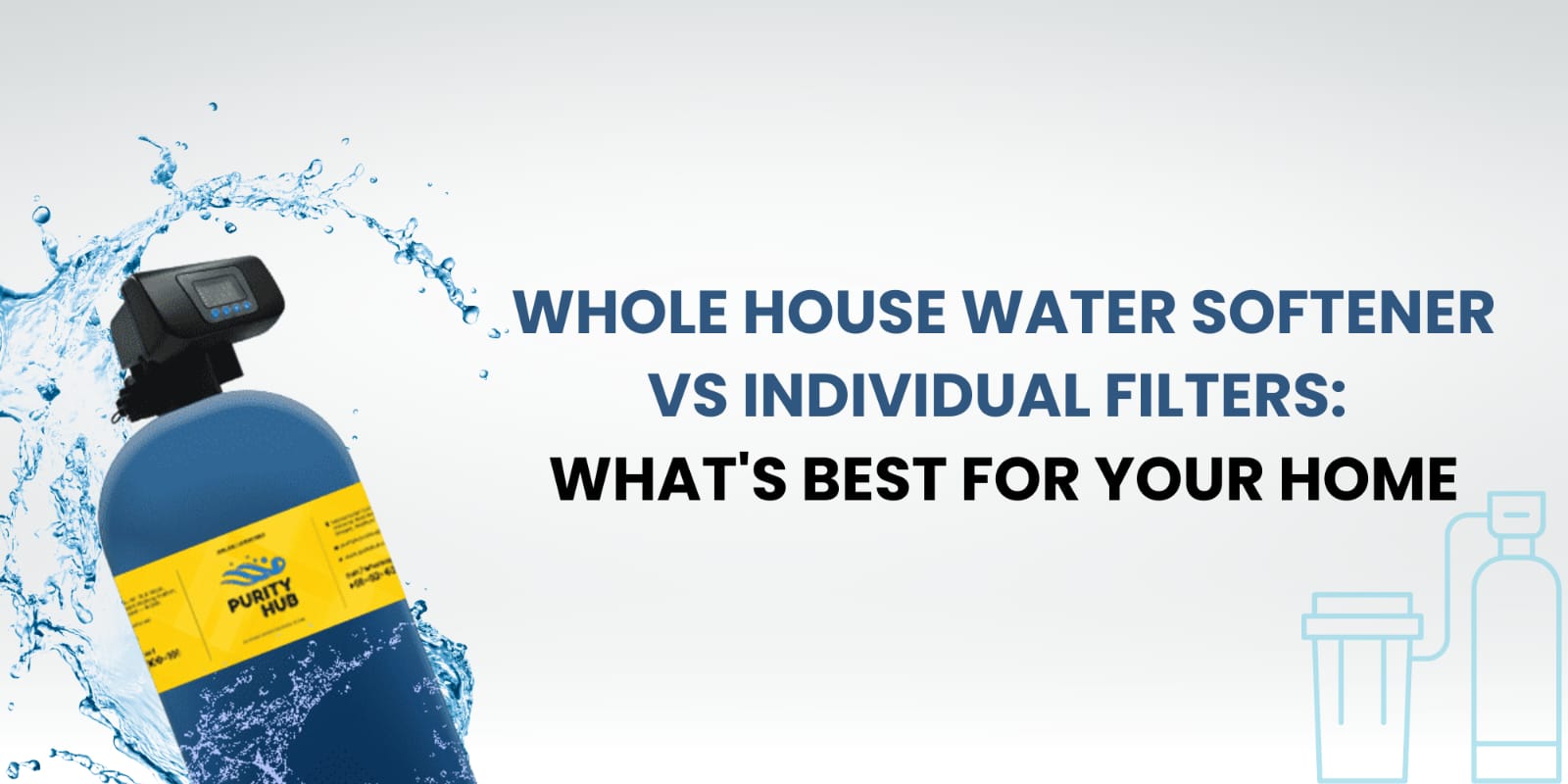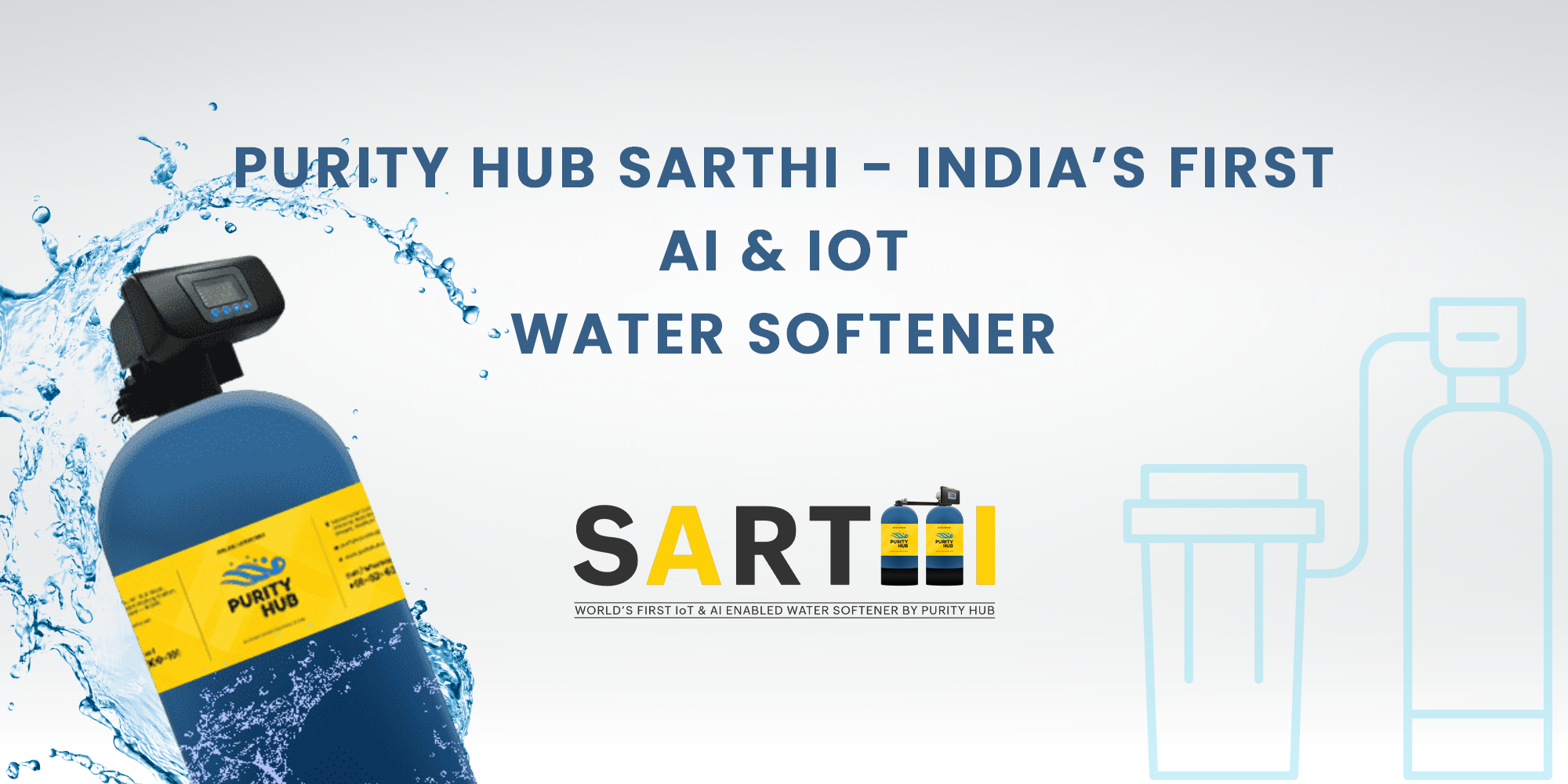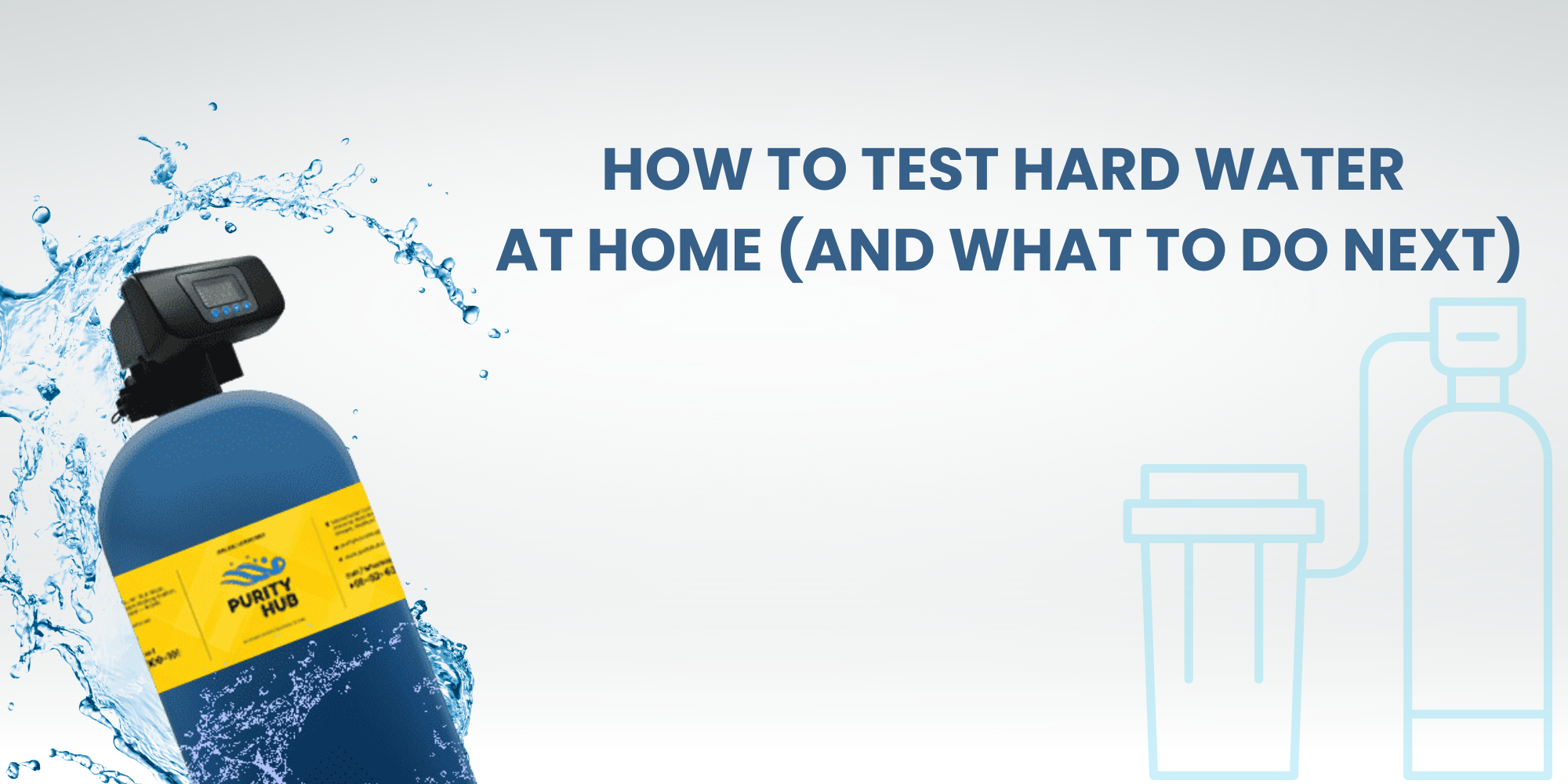
Summary:
Choosing between a whole house water softener and individual water filters depends on your household’s water quality needs. A whole house water softener is ideal for treating hard water throughout the home, preventing limescale buildup, and improving appliance longevity. Meanwhile, individual filters target specific concerns, such as chlorine, sediment, or heavy metals, making them a cost-effective choice for drinking water but not for overall water softening. This blog compares both options, their benefits, and which one is best suited for your home’s water treatment requirements.
Water quality is essential for every household, affecting everything from appliance lifespan to skin and hair health. Homeowners often choose between a whole house water softener or individual filters to improve water quality, but which one is the better option?
While both systems serve different purposes, understanding their benefits and limitations can help you make an informed decision. This guide compares whole home water filters and household water softeners to determine the best fit for your needs.
Understanding Whole House Water Softeners
A whole house water softener is designed to treat hard water by removing excess minerals like calcium and magnesium. These minerals cause limescale buildup in pipes and appliances, reducing their efficiency and lifespan.
How a Whole House Water Softener Works
Most hard water softeners for home use an ion exchange process, replacing calcium and magnesium ions with sodium or potassium. This prevents mineral deposits from forming and keeps water soft throughout the house.
Benefits of a Whole House Water Softener
✔ Protects appliances from limescale buildup, extending their lifespan
✔ Prevents clogged pipes and improves water flow
✔ Reduces soap scum on sinks, glassware, and bathroom surfaces
✔ Enhances skin and hair health by preventing dryness
✔ Improves detergent efficiency, reducing soap and shampoo usage
Limitations of Whole House Water Softeners
❌ Does not remove contaminants like chlorine, heavy metals, or bacteria
❌ Requires regular salt refilling and maintenance
❌ Initial installation cost can be high
Understanding Whole House Water Filters
A whole house water filter is designed to remove contaminants from the water supply, improving its taste, smell, and safety. Unlike water softeners, these filters do not remove hardness minerals but instead target sediment, chlorine, heavy metals, and other pollutants.
Types of Whole Home Water Filters
Carbon Filters – Remove chlorine, bad odors, and organic contaminants
Sediment Filters – Trap dirt, sand, and rust particles
Reverse Osmosis Systems – Purify water by filtering out heavy metals, fluoride, and other dissolved solids
UV Filters – Kill bacteria and viruses in water
Benefits of a Whole House Water Filter
✔ Provides cleaner, safer drinking water
✔ Reduces chlorine and chemical exposure
✔ Protects plumbing from sediment buildup
✔ Improves taste and smell of water
✔ Does not require salt or frequent maintenance
Limitations of Whole House Water Filters
❌ Does not soften hard water, meaning limescale can still form
❌ Requires filter replacements at regular intervals
❌ Some filtration systems slow down water flow
Whole House Water Softener vs. Individual Filters: Key Differences
✅ If you have hard water and want to protect appliances and plumbing
✅ If you experience limescale buildup in pipes, faucets, and water heaters
✅ If you have dry skin, brittle hair, or soap scum problems
When to Choose a Whole House Water Filter
✅ If your main concern is contaminants like chlorine, lead, or bacteria
✅ If you want better-tasting drinking water throughout the house
✅ If you experience bad odors or sediment in water
Can You Use Both Systems Together?
Yes! Many homeowners choose to install both a water softener and a whole house water filter to get the best of both worlds. A common setup includes:
💧 Whole House Water Filter → Removes contaminants first
💧 Whole House Water Softener → Softens water for the entire home
This combination ensures clean, contaminant-free, and soft water for drinking, bathing, and household use.
Conclusion: Which One is Best for Your Home?
The choice between a whole house water softener and a whole home water filter depends on your water quality needs.
🔹 If hard water is your primary issue, a household water softener is the best solution.
🔹 If you’re worried about contaminants, taste, and odor, a whole house water filter is ideal.
🔹 For the best results, consider using both systems together for complete home water protection.
🚰 Looking to improve your home’s water quality? Choose the right system today for healthier water and a better home experience! 🚰



